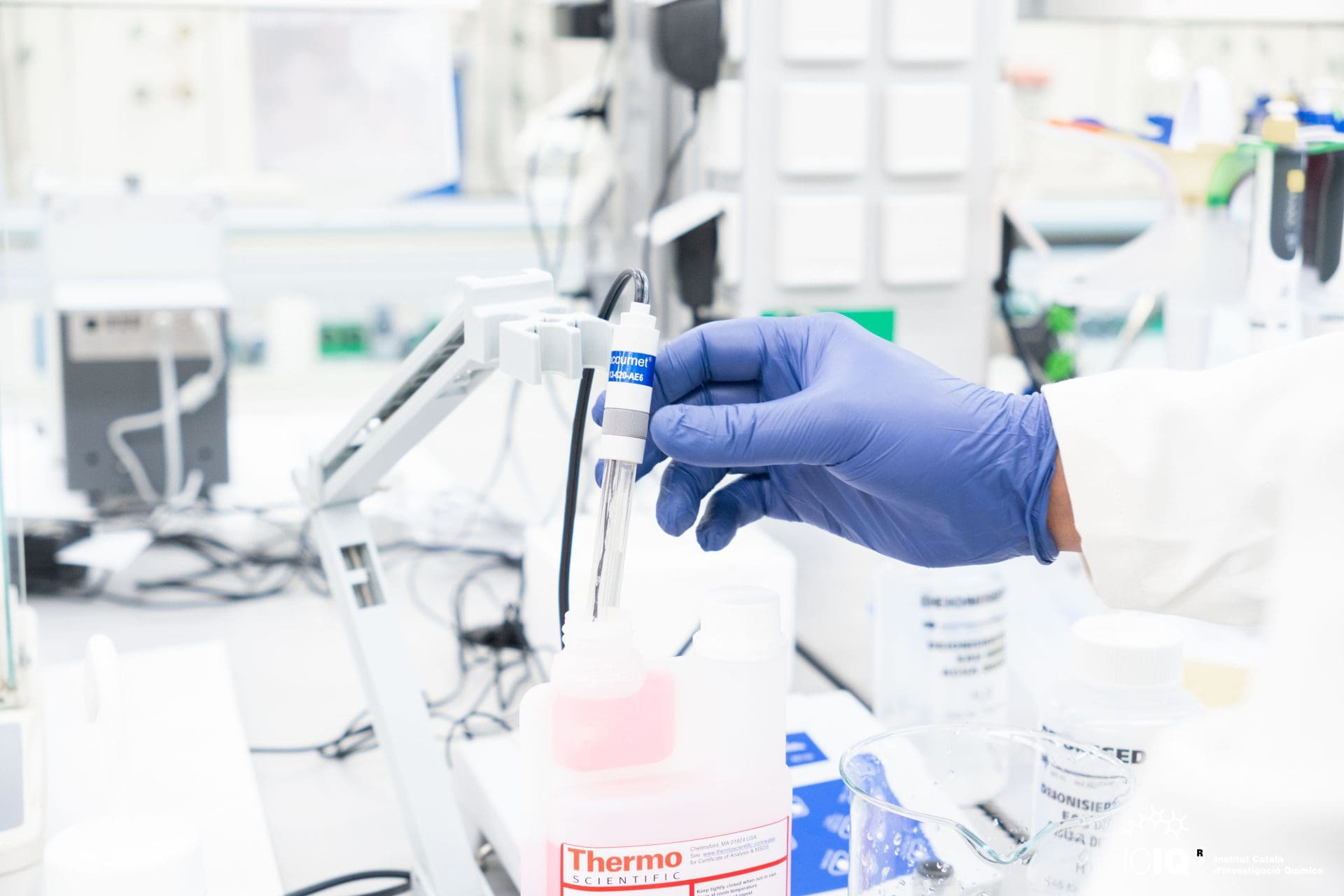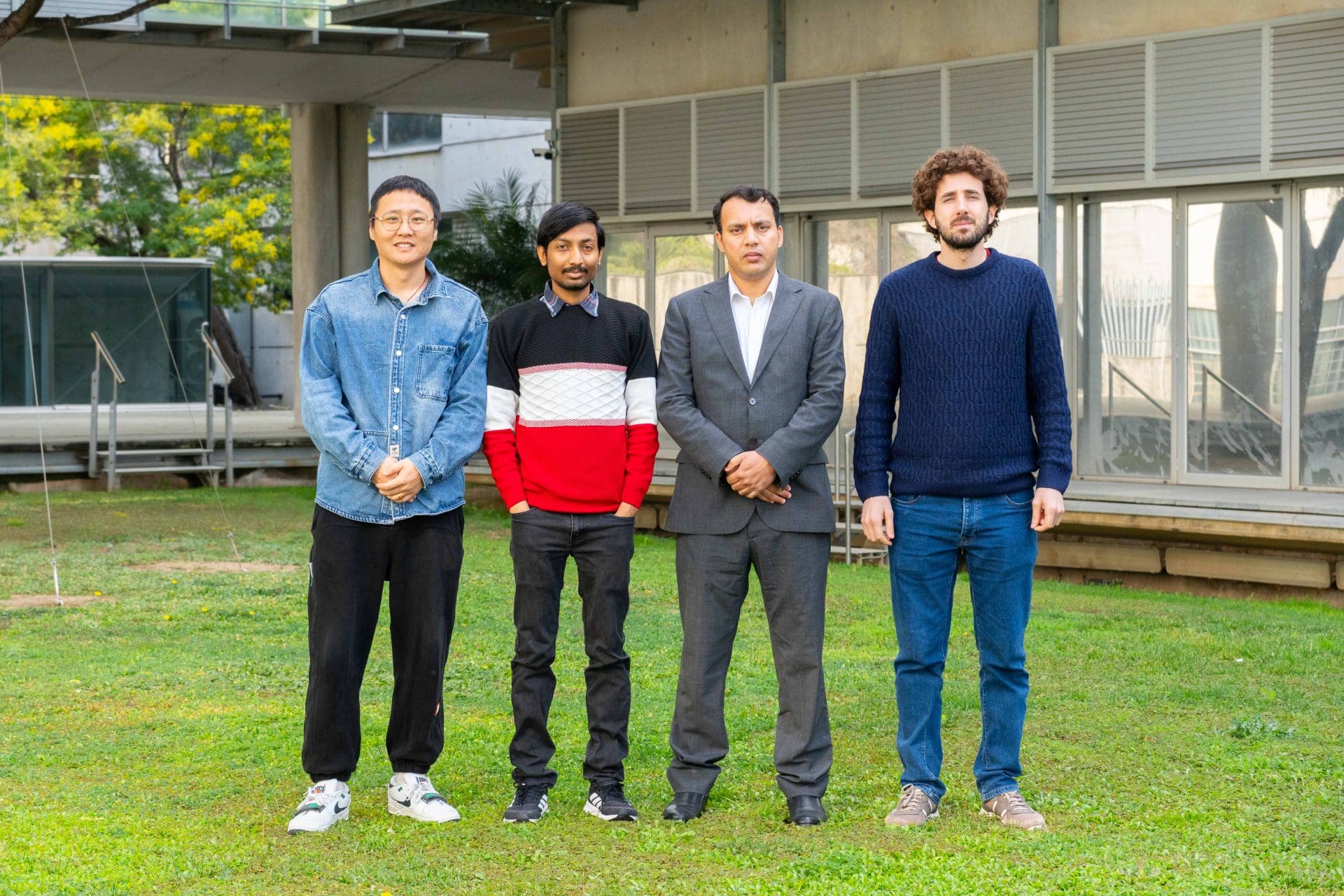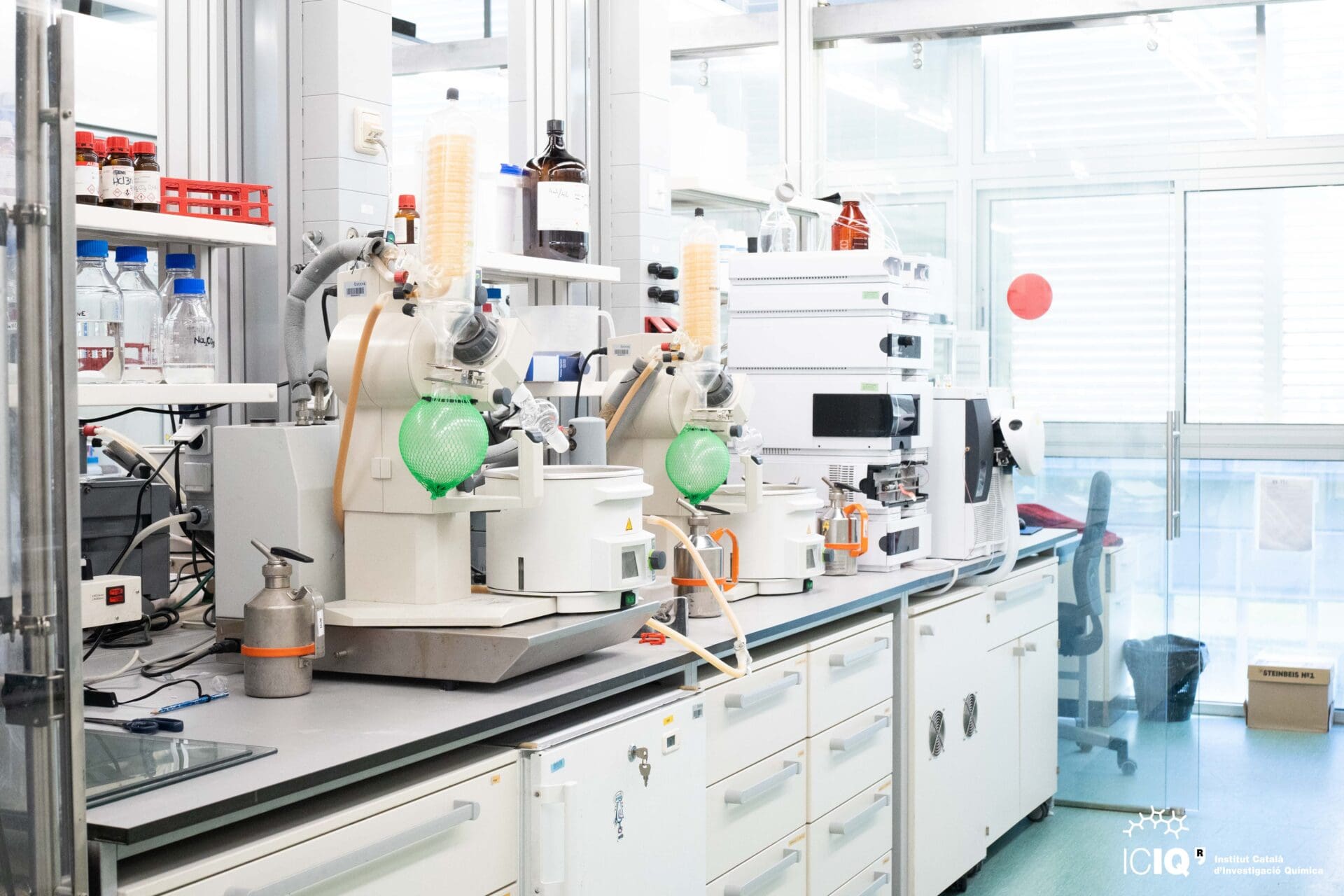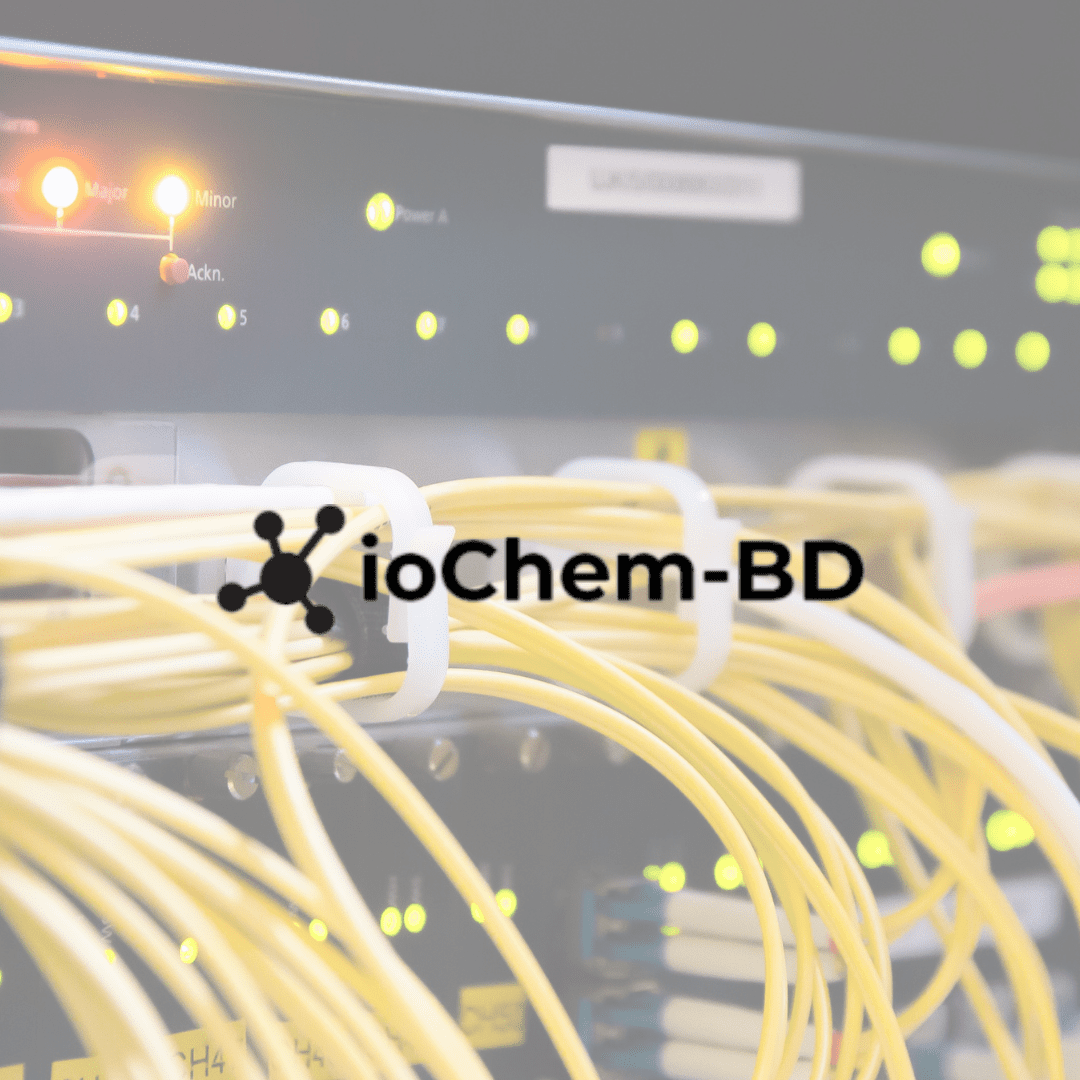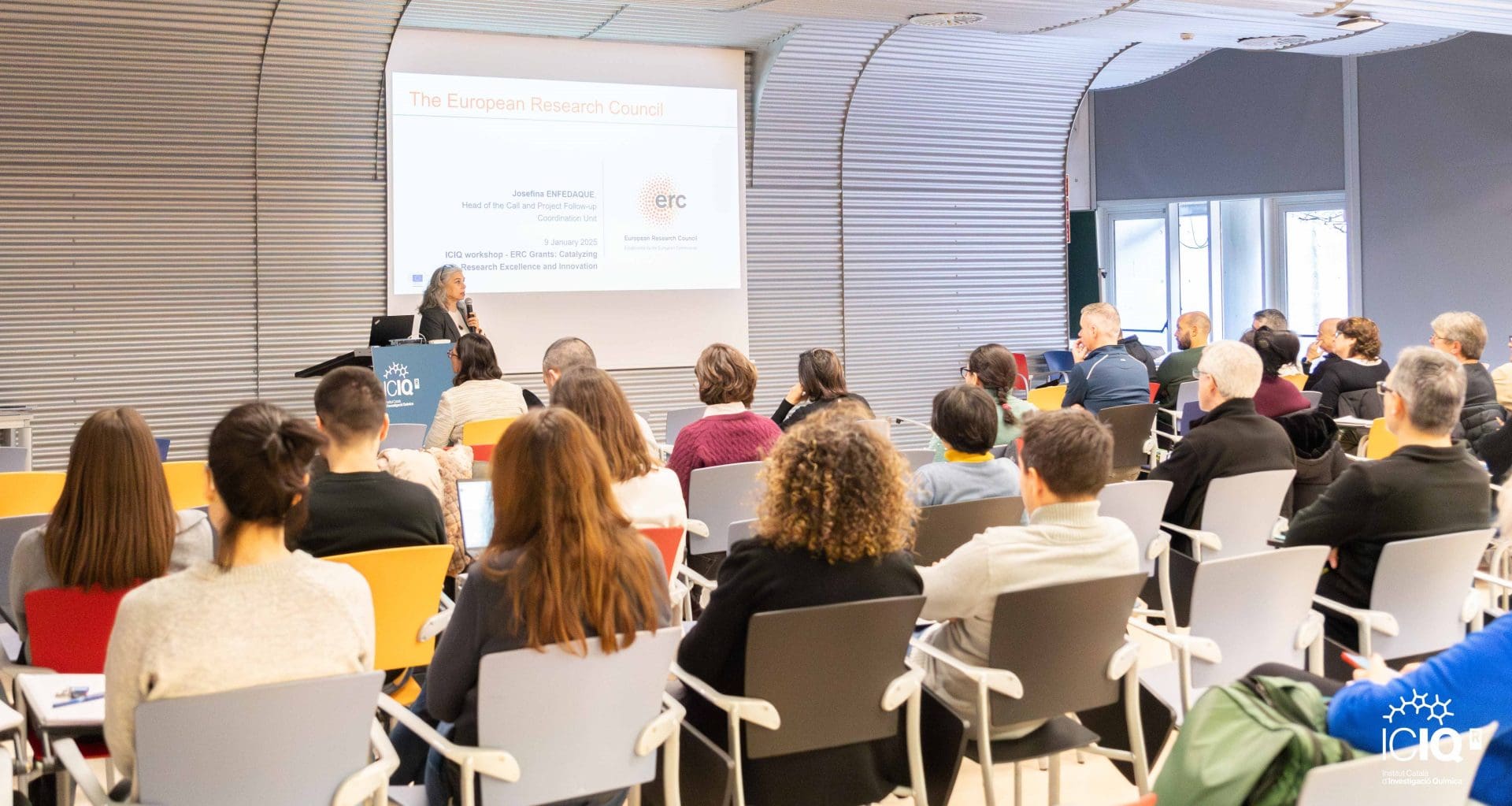ICIQ to upgrade research facilities with the installation of five new pieces of equipment
6th February 2025 – The Institute of Chemical Research of Catalonia (ICIQ) has secured funding for five projects under the “Equipamiento Científico Técnico 2024” call from the Spanish Ministerio de Ciencia, Innovación y Universidades. These projects are intended to provide essential equipment to upgrade the scientific core facilities. This is key to support ongoing research in chemistry and materials science at the center, ensuring that researchers have access to the necessary tools to advance their work.
The acquisition of a dynamic thermo-mechanical analyzer (DMA) for the characterisation of mechanical and viscoelastic properties of materials as a function of temperature will allow researchers to measure mechanical properties such as stiffness, damping and viscoelastic behavior of materials.
This instrumentation is not available as a service in the territory, and is even uncommon in research centers specialised in materials, so having this equipment is set to provide ICIQ with a unique characterisation capacity for research groups specialised in new materials.
The aim of this action is the acquisition of a two-dimensional high-performance liquid chromatograph (UHPLC-2D) with diode array detector (DAD) and mass detector (MS), a high capacity autosampler and automation of chromatographic method development. It will play a key role in research involving catalysis, pharmaceutical compounds and environmental samples.
In addition, the new equipment will have an automated method development software, and the ability to combine multiple solvents to form the mobile phase and multiple columns to expedite chromatographic method development. Access to such equipment is going to help accelerate the process of exploring chemical space, generating chemical libraries and providing quality data to feed AI/ML systems.
This new installation consists in two automated liquid handling robots which will automate and streamline processes, facilitating high-throughput experiments. One of the robots will be dedicated to the preparation of chemical reactions in multiwell plates, while the second one is designed to undertake the reactions once they are finished, by automating the process of reaction work up and the handling of the fractions once the reaction crudes have been purified by preparative liquid chromatography.
The equipment is going to enhance the capacity to prepare, process and purify reactions with precision and robustness. This will facilitate an increase in the output and the quality of the results.
The Matrix Assisted Laser Desorption Ionization-Time (MALDI-TOF) system will support accurate mass determination of high molecular weight compounds. In the last years the MALDI ionisation source has been coupled to ion-trap (OrbitrapTM) and quadrupole-time of flight (QqTOF) analyzers in an effort to increase sensitivity and resolving power in the low mass range.
With these approaches, excellent results are obtained in the low m/z region; however, the high values are not accessible anymore. With the acquisition of the MALDI-TOF mass spectrometer, previous limitations will be overcome. The extended m/z range and enhanced resolving power will enable the resolution of isotopic patterns with high precision, even beyond 4,000 m/z.
This equipment will be used to measure single crystals in the 1-10 μm range for the structural resolution of all types of materials, including pharmaceuticals, natural products, pigments, zeolites, semiconductors, supramolecular materials and minerals. Specifically, this X-ray diffractometer is equipped with copper and molybdenum radiation sources.
It’s a piece of equipment that will bridge the gap for measuring single crystals that exists between traditional equipment (10 μm – 0.5 mm) and the electron diffractometer (10 – 500 nm), also available in the ICIQ’s common services.

Este equipamiento es parte de la ayuda financiada por MICIU/AEI/10.13039/501100011033 y por FEDER/UE
This equipment is part of the grant funded by MCIN/AEI/10.13039/501100011033 and FEDER/UE.
Related news

Let's create a brighter future
Join our team to work with renowned researchers, tackle groundbreaking
projects and contribute to meaningful scientific advancements
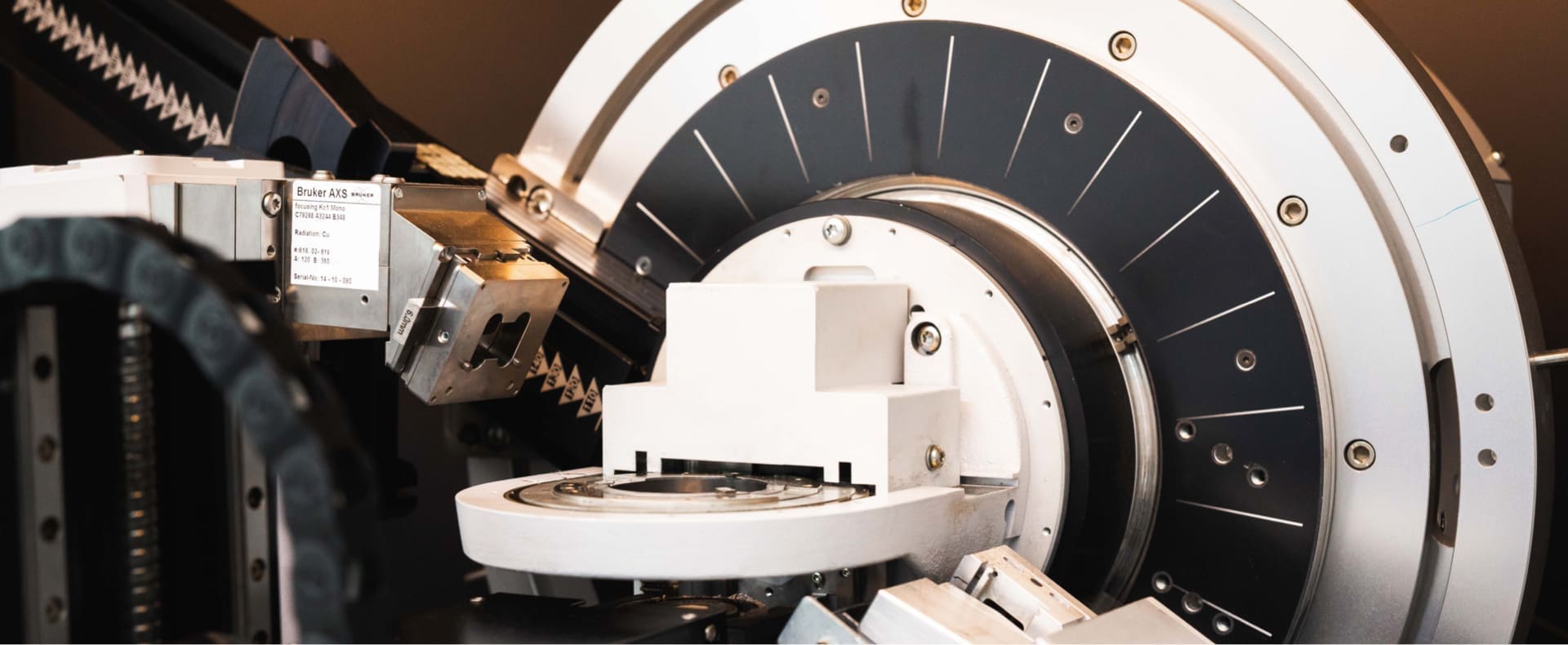





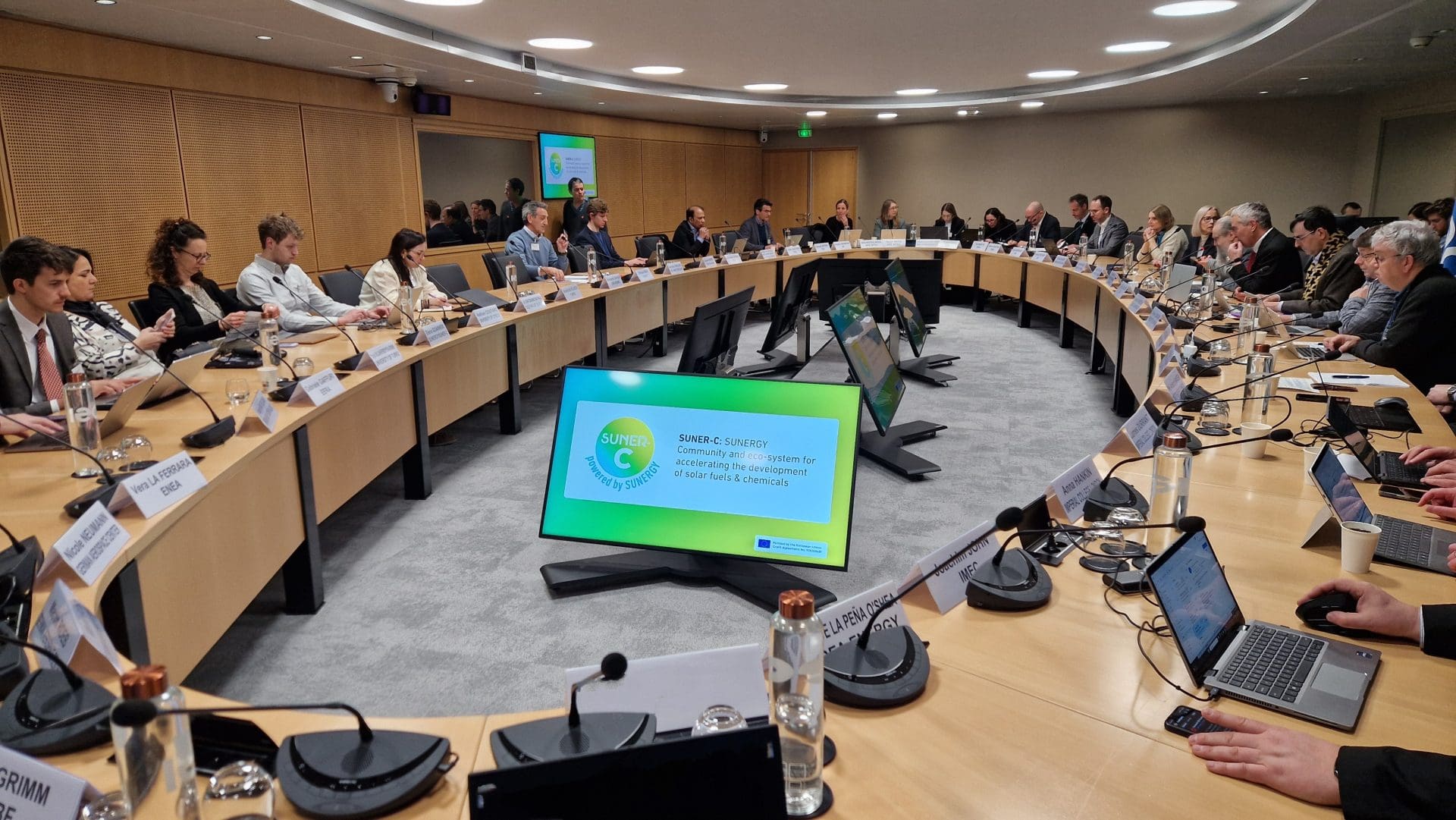
 28-02-2025
28-02-2025 